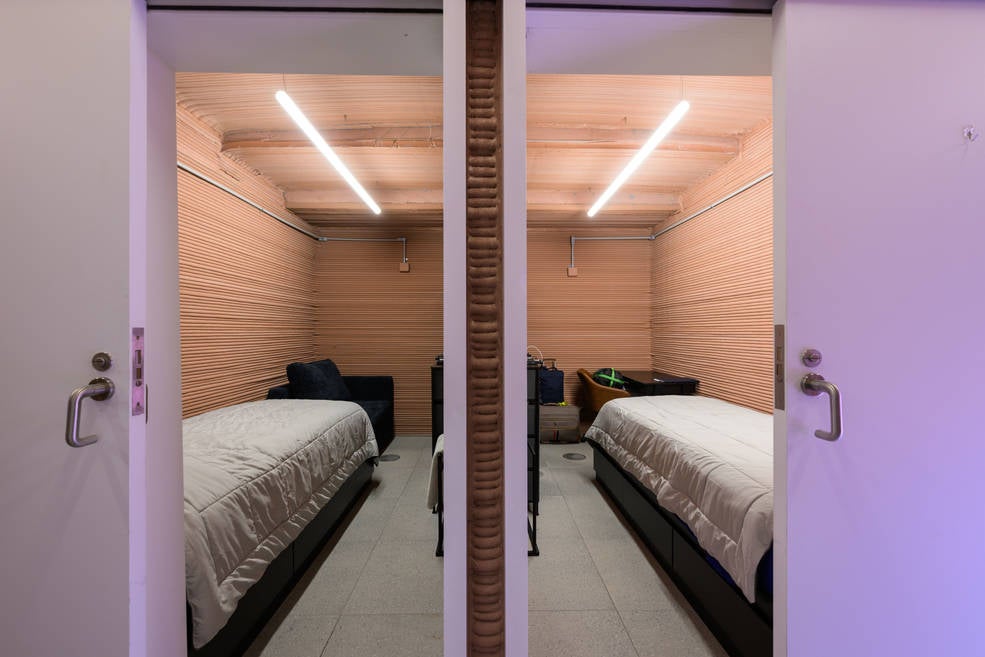Nasa locks four people inside fake Mars habitat for year-long study
Participants of CHAPEA study locked inside 158-square-metre habitat
Four volunteers have entered a simulated Mars habitat as part of a year-long Nasa experiment to test astronauts’ resilience to isolation and other psychological stress factors.
The CHAPEA (Crew Health and Performance Exploration Analog) mission will see the participants live and work in a 158-square-metre (1,700-square-foot) habitat at Nasa’s Johnson Space Center in Houston, Texas.
It is the first of three one-year simulated Mars missions, which each aim to assess the health and performance of crew members when living in confinement with limited resources.
Participants will take part in simulated spacewalks, science experiments and habitat maintenance, while also attempting to grow crops for food.
“The simulation will allow us to collect cognitive and physical performance data to give us more insight into the potential impacts of long-duration missions to Mars on crew health and performance,” said Grace Douglas, CHAPEA principal investigator.
“Ultimately, this information will help Nasa make informed decisions to design and plan for a successful human mission to Mars.”
The four members of the CHAPEA mission are research scientist Kelly Haston, structural engineer Ross Brockwell, emergency medicine physician Nathan Jones and microbiologist Anca Selariu.
Each were chosen after Nasa put out a call for “healthy, motivated” applicants in 2021.

There have been several previous research projects involving simulated Mars habitats, with the Mars-500 missions between 2007 and 2011 seeing volunteers spend months locked inside a facility in Mosco, Russia.
The HI-SEAS program in Hawaii also saw participants spend time living in isolation, though one mission lasted just four days after one of the crew members suffered an electric shock.
Nasa plans to return humans to the Moon within the next three years as part of its Artemis missions, which the US space agency hopes to use as a foundation to eventually send astronauts to Mars.
Private space firm SpaceX also plans to send people to Mars aboard its Starship rocket, which is currently under development at the company’s Starbase facility in Texas.
SpaceX boss Elon Musk said a second attempt at an orbital flight test will be made before the end of August, after the first attempt in April ended in a large explosion just minutes after take off.
The 480 million kilometre (300 million mile) journey to Mars is expected to take around seven months, with the planet’s orbit meaning that a travel window only opens up every 26 months.
This means that any return mission would likely take close to four years to complete.


Join our commenting forum
Join thought-provoking conversations, follow other Independent readers and see their replies
Comments